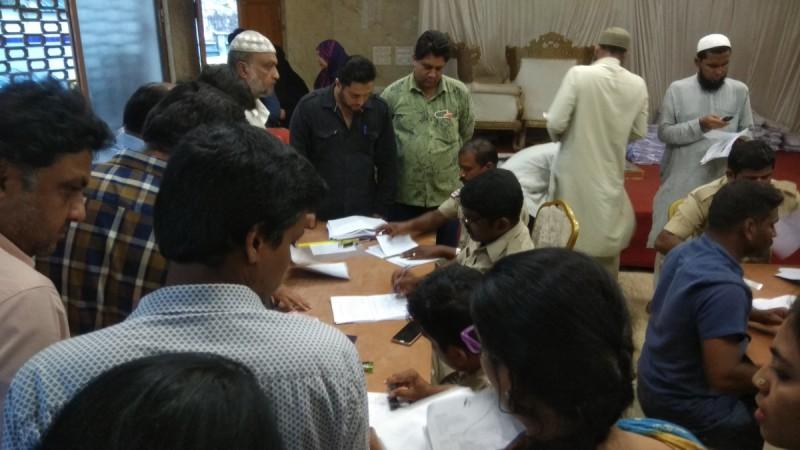
Mohammed Mansoor Khan had an elaborate plan of cheating poor people of Karnataka and other neighbouring states with his Ponzi scheme as a forefront for his other businesses.
Khan, who has fled to the UAE, had received the visa on May 5 through METT Travels. He safely shifted his family - his wife and two children - to Dubai before his little escape and acquired nearly Rs 20 crore from the directors of I Monetary Advisory (IMA).
It is alleged that Khan was backed by some powerful politicians and administrative authorities, and without their help, he could never have made such a huge scam running hassle-free for years.
According to a TOI report, a Karnataka minister aggressively lobbied for a Rs 600 crore bailout for Khan. It is alleged that Khan had visited the minister's office in Vidhana Soudha with a prominent Muslim politician in May.
The report claims that Khan had approached a bank earlier this year for a big loan. But since the Revenue Department had issued a lookout notice against IMA, the bank demanded a no-objection certificate (NOC). Khan, who had his deep contacts with the higher authorities, obtained the NOC with the help of the minister.

But Khan was unable to fulfil the NOC request as it was rejected by an IAS official. The Central Crime Branch (CCB) had summoned Khan for questioning following the Reserve Bank of India (RBI) update on IMA's functioning. He was interrogated after DG and IGP Neelamani Raju called for an enquiry over the fraudulent schemes run by IMA.
On June 6, Khan appeared before the CCB sleuths along with his auditors. They questioned him for an hour and asked him to furnish company related documents and balance sheets on June 9. But Khan, who already knew about the enforcement authorities tailing him, quickly fled the country stranding more than 32,000 depositors.
The Enforcement Directorate (ED) has filed a case of money laundering against the IMA group for running Ponzi schemes by cheating thousands of investors to a tune of more than Rs 2,000 crore. The ED has filed a case under the Prevention of Money Lending Act (PMLA) in its Enforcement Case Information Report (ECIR).














